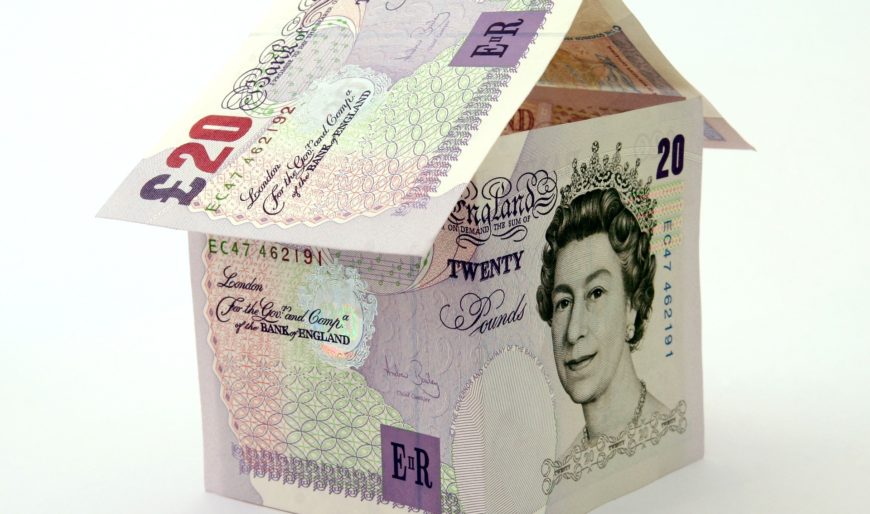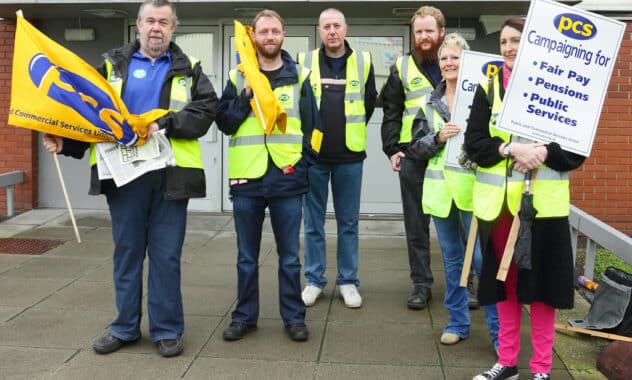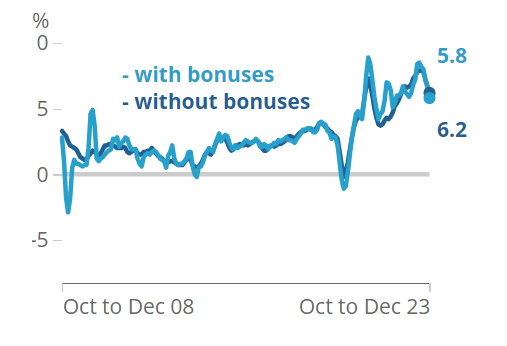Covid-19 hitting the poorest hardest
Eight in ten low-income families are experiencing greater financial pressure now than before the pandemic, with many struggling to cover essentials.

Several news items over the last week have underlined how the poorest have been hit hardest by the Coronavirus crisis.
A survey of low-income families by the Child Poverty Action Group (CPAG) in collaboration with the Church of England (CoE), found 80% were financially worse off than they had been at the start of the pandemic.
Of 285 respondents, all of whom met the criteria for free school meals, nearly half – 48% – had either taken on new debt or fallen behind on paying off old debts.
Meanwhile, other pressures were added – almost nine out of ten said they were spending significantly more on food, essentials and utility bills and 46% had taken on new caring responsibilities.
Because of this rise in living costs, which was mostly driven by the increased time spent at home, even those whose income was not affected by the pandemic were feeling the pinch.
“Low-income parents have been living under a cloud of anxiety in lockdown – trying to find money for family basics as their costs have been rising,” CPAG Chief Executive, Alison Garnham, said.
“As the government’s Covid-19 emergency support schemes are tapered away in the coming months, more help will be needed for struggling families who have lost jobs or taken income drops. Otherwise they will have only more hardship on their horizon.”
Over half – 58% – of families were struggling to meet three or more essentials, including food, utilities, housing and childcare costs. Overall, 83% of respondents said their ability to buy food had been affected, 76% were troubled about utility bills, 47% about housing and 53% about the cost of their children’s clothes, nappies and other related products.
In a subsequent report, CPAG warned that parents were being forced to cover these basic household expenses with their child benefit payments.
“In these unprecedented times, we all need to ask ourselves urgently how we can help our neighbour,” the Bishop of Durham, Paul Butler, said.
He added that the results of the survey “set out in stark detail how for many families it has been a constant struggle,” and that churches have experienced first-hand “that the worst off have again been worst hit”.







